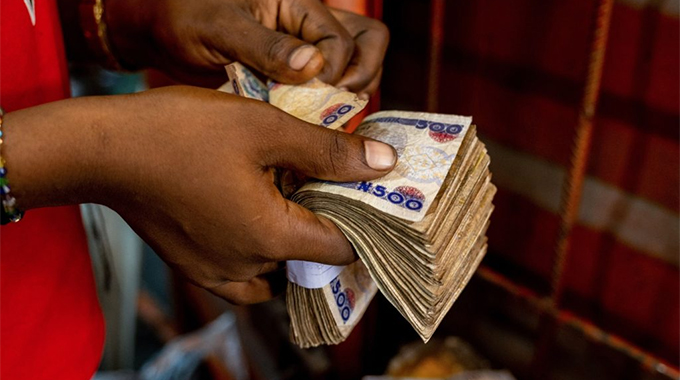Fraud-hit Steinhoff shareholders reject debt relief plan

Steinhoff International Holdings failed to pass a plan to give creditors 80 percent of its equity as it sought to be released from its debt that is due at the end of June.
Shareholders rejected all the resolutions that were voted on at the global retailer’s annual general meeting held in Amsterdam on Wednesday. The gathering lasted three hours because of numerous questions and accusatory comments.
The company has been battling to survive since auditors refused to sign off on its accounts in late 2017. That led to its then Chief executive officer Markus Jooste resigning, a dramatic share-price collapse and the start of police and regulatory investigations in both Europe and South Africa.
The now-penny stock climbed 6,7 percent as of 10:47 a.m. in Johannesburg yesterday, its fourth day of gains and the longest rising streak in 14 months.
To pay down debt, Steinhoff has sold shares in many of its units. In 2021 it raised about US$1,1 billion through an initial public offering and Polish listing of European discount retailer Pepco Group.
Recent risk aversion in financial markets has reduced offers for further loans, lowered market values of its operating companies and cut options for further IPOs or asset sales, CEO Louis du Preez said at the meeting.
With about e10,1 billion (US$11 billion) in liabilities, the proposed reorganisation would have given Steinhoff more time to pay the debt. It would also have left shareholders with 20 percent of an unlisted company.
The plan was to facilitate the orderly wind down of the company, avoid bankruptcy, and “create a stable platform to potentially realise higher proceeds from the controlled sale of the assets,” Du Preez said.
With debt due in about three months time, the company will be in default and financial creditors will be entitled to use their existing security rights, which would likely result in an “inefficient and disorderly enforcement,” he said. Under that scenario, shareholders should not expect to receive any return on their equity, he said.
In a fiery statement prior to the vote, a representative for about 23 percent of shareholders said they would approach German and Dutch courts to “prevent this robbery from happening” and get a fair payout. Another investor said the proposed deal was a “punch in the stomach.”
“I hear your emotion, I feel it,” Du Preez said. “But sir, at the end of the day, I give you my personal assurances that under the circumstances this was the best deal that we could do for our current shareholders.” – Bloomberg











Comments